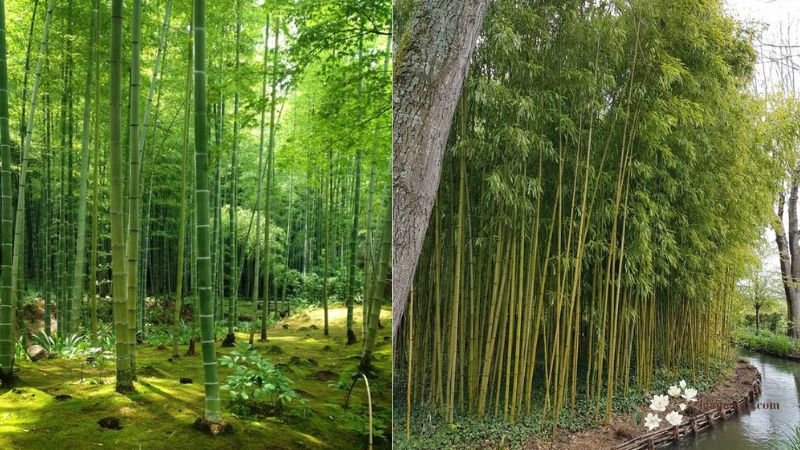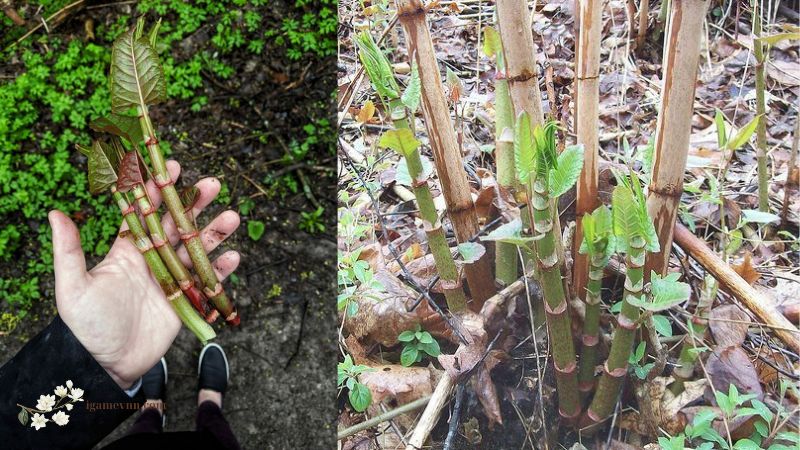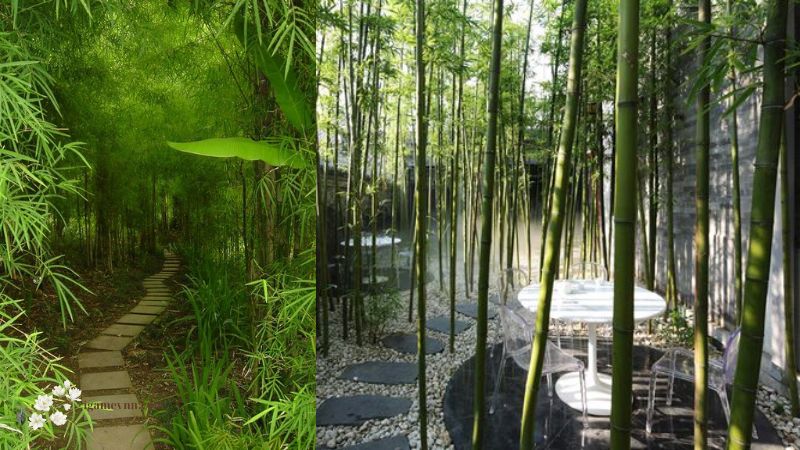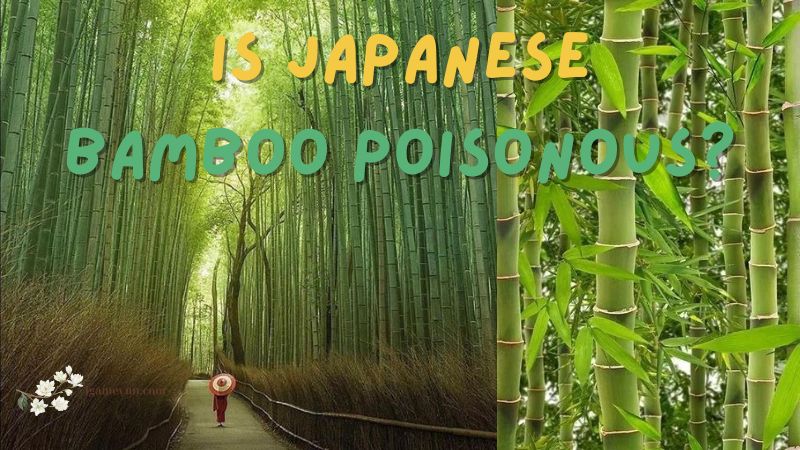When exploring the diverse world of plants, one question that often arises is, “Is Japanese bamboo poisonous?” Bamboo, a versatile and hardy plant, has been utilized in various cultures for centuries. However, concerns about toxicity, especially when it comes to Japanese varieties, can cause some hesitation. This article from Igamevnn aims to answer the question by examining different types of bamboo, their uses, and any associated health risks.
Table of Contents
ToggleUnderstanding Japanese Bamboo
Japanese bamboo, particularly known for its aesthetic appeal and strength, is often featured in gardens, landscaping, and traditional crafts. The most common types of Japanese bamboo include Phyllostachys bambusoides and Phyllostachys nigra. These varieties are renowned for their beautiful appearance and resilience.

Bamboo Varieties and Toxicity
Before answering the specific question, “Is Japanese bamboo poisonous?” it’s important to understand the general characteristics of bamboo. Bamboo belongs to the grass family and is not typically known for being toxic. However, there are nuances based on the specific type of bamboo and its use.
Japanese Knotweed
Often confused with bamboo, Japanese knotweed (Fallopia japonica) is a different plant species altogether. While it shares some similarities with bamboo, such as its fast-growing nature, it is not a true bamboo. Japanese knotweed is considered invasive and can cause structural damage to buildings and infrastructure. Despite its potential environmental impact, the question “Is Japanese knotweed poisonous?” has been explored, and it is found that it is not inherently toxic to humans or animals.

Is Japanese Bamboo Poisonous? Bamboo Safety for Humans and Animals
When addressing the question, “Is Japanese bamboo poisonous?” it’s important to clarify that traditional bamboo species used in gardens and crafts do not pose a significant health risk. The bamboo used in everyday applications, such as in furniture or ornamental plants, is safe. Bamboo is not known to produce toxins that could be harmful when touched or ingested.
However, there are a few considerations to keep in mind:
- Allergic Reactions: Though rare, some individuals might experience allergic reactions to bamboo dust or splinters. This is not due to poison but rather an irritation or allergy.
- Non-Toxic But Not Edible: While bamboo is not poisonous, it is not typically consumed in its raw form. Bamboo shoots, which are edible, must be properly prepared to remove toxins present in certain varieties. These toxins are generally not associated with the types of bamboo used for decorative purposes.
Bamboo in Gardening and Landscaping
In gardening and landscaping, bamboo is celebrated for its rapid growth and aesthetic value. When asking, “Is Japanese bamboo poisonous?” for garden use, the answer remains no. Gardeners often choose bamboo for its ability to create natural screens, add vertical interest, and provide habitat for wildlife.

Bamboo and Children
Parents and pet owners might be concerned about the safety of bamboo around young children and animals. The question, “Is Japanese bamboo poisonous?” is crucial here. Japanese bamboo poses no significant risk if a child or pet were to touch or come into contact with it. However, as with any plant, it’s wise to supervise young children to prevent them from consuming large quantities of plant material, which might cause digestive discomfort.
Invasive Species and Environmental Impact
Japanese knotweed, a common source of confusion, is an invasive species that can outcompete native plants and damage infrastructure. This plant’s aggressiveness can lead to significant environmental and economic issues. Despite its impact, it is not poisonous. The concern with Japanese knotweed lies in its environmental damage rather than toxic effects.
Bamboo Uses and Benefits
Bamboo is used extensively in various applications, from construction to crafts. Its strength and flexibility make it ideal for building materials, furniture, and even clothing. Additionally, bamboo is eco-friendly, as it grows rapidly and can be harvested sustainably.
In crafts and cooking, bamboo plays a crucial role. Bamboo shoots, when properly processed, are a common ingredient in Asian cuisine and are prized for their crunchy texture and flavor. It is essential to process these shoots correctly to remove any potential toxins before consumption.
Common Misconceptions
A common misconception is that all bamboo is poisonous, including Japanese varieties. The repeated question, “Is Japanese bamboo poisonous?” often stems from confusion with other plant species or misinformation. Bamboo, including Japanese bamboo, is generally non-toxic. However, proper knowledge and preparation are vital, especially when dealing with bamboo shoots or other plant parts used in food.
Conclusion
In conclusion, when asking, “Is Japanese bamboo poisonous?” the answer is clear: Japanese bamboo, including its common varieties, is not poisonous. The plant’s safety extends to human interaction and animal exposure. While Japanese knotweed, a different plant often confused with bamboo, poses environmental risks, it is not toxic.
Understanding the distinction between true bamboo and invasive species helps clarify concerns about toxicity. For gardening, crafting, and culinary uses, Japanese bamboo remains a safe and versatile option. Always ensure proper handling and processing, especially for bamboo shoots, to enjoy its benefits without health concerns.
By debunking myths and clarifying facts, this article aims to provide a comprehensive understanding of bamboo and address the question, “Is Japanese bamboo poisonous?” with accurate and reassuring information.

